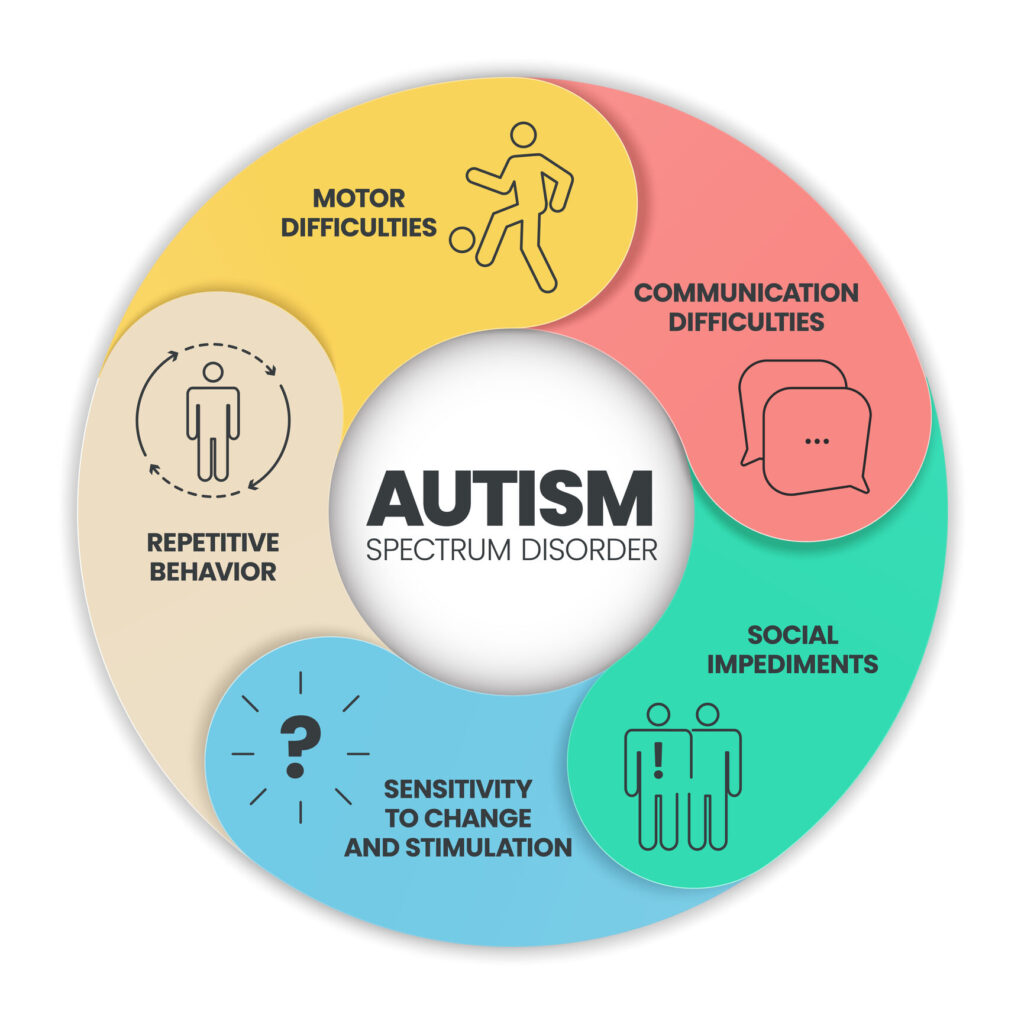Autism is commonly diagnosed during early childhood, but for many individuals, the signs of autism may not be clearly recognized until the teenage years. As children grow and face more complex social environments, such as middle school or high school, certain behaviors and difficulties can become more noticeable. If your teenager is struggling socially, emotionally, or academically, it may be time to consider whether Autism Spectrum Disorder (ASD) could be part of the picture.
Getting clarity through professional Autism Testing can be a transformative step. A diagnosis—if confirmed—opens the door to meaningful support, understanding, and services tailored to your teen’s unique challenges and strengths.
Why Autism Often Goes Undiagnosed Until the Teenage Years
Autism presents differently in every individual. While some teens show early developmental signs, others may mask or compensate for their difficulties until the demands of adolescence become overwhelming. It’s not uncommon for girls, for example, to go undiagnosed for years due to subtler symptoms and better social masking.
Increased academic pressure, emotional challenges, and social expectations in adolescence can highlight difficulties in communication, flexible thinking, and sensory processing that may have been less obvious in childhood.
Common Signs of Autism in Teenagers
Understanding the red flags can help parents decide whether an autism evaluation is appropriate for their child. Teenagers on the spectrum may show:
- Difficulty forming and maintaining friendships
- Intense focus on specific interests or hobbies
- Challenges with understanding sarcasm, idioms, or social cues
- Social withdrawal or preference for routine-based activities
- Difficulty adapting to change or shifting attention
- Sensory sensitivities such as discomfort with noise, light, or clothing textures
- Struggles with time management or executive functioning skills
- Co-occurring conditions like anxiety, depression, or ADHD
These long-tail symptoms of autism in adolescence often become more apparent when teens face increasingly complex environments.
Benefits of Autism Testing for Teens
A formal autism diagnosis—especially during the teenage years—can lead to increased self-awareness and a more supportive environment. Here’s how it helps:
Access to Academic Accommodations
Teens diagnosed with autism may qualify for Individualized Education Programs (IEPs) or 504 Plans, which offer accommodations like extended time on tests, reduced sensory stimuli, and social skills training in school settings.
Better Understanding of Emotional Health
Teens who struggle with anxiety, isolation, or depression may find relief in understanding that their challenges have a neurological basis, which can be empowering rather than limiting.
Improved Parent-Teen Communication
A diagnosis can help parents adjust their expectations and communication style to match their teen’s processing style, leading to a stronger, more empathetic relationship.
Preparation for Adulthood
Knowing about a diagnosis can guide families toward appropriate support as their teen transitions to college, work, or independent living.
How the Autism Evaluation Process Works for Teens
Autism testing for teenagers is slightly different from testing in early childhood. It typically includes:
Clinical Interviews
Parents and teens both participate in interviews to discuss behavioral patterns, academic performance, social history, and mental health concerns.
Behavioral Observation
Professionals observe the teen’s verbal and nonverbal communication, social responses, and cognitive patterns during structured activities.
Self-Report and Parent Questionnaires
These may include tools like the Autism Spectrum Quotient (AQ), Social Responsiveness Scale (SRS-2), or Behavior Assessment System for Children (BASC).
Academic and Cognitive Testing
In some cases, evaluations may also include IQ tests, executive functioning assessments, or language testing to get a fuller picture of the teen’s capabilities and challenges.
How Parents Can Prepare for Autism Testing
To support your teen through the process, consider the following:
- Talk openly and respectfully about the purpose of the evaluation
- Avoid using labels or assumptions; focus on strengths and support
- Gather documentation such as school records, previous psychological reports, and teacher observations
- Encourage your teen to be honest during interviews and assessments
- Make sure they are well-rested and prepared for multiple sessions if required
Being calm and supportive throughout the process will help your teen engage more openly with the professionals involved.
FAQs About Autism Testing for Teenagers
Is it too late to diagnose autism in my teen?
Absolutely not. Many individuals are diagnosed in their teens or even adulthood. Testing at any age provides clarity and direction for support.
Will a diagnosis hurt my teen’s future?
No. In fact, a diagnosis can provide access to support services in school, college, and employment settings that improve success and well-being.
What if my teen refuses to be tested?
It’s common for teens to feel apprehensive. Approach the topic gently, focus on their challenges, and emphasize that testing can help improve their quality of life, not label them.
Can autism testing also identify other conditions?
Yes. Many teens with autism also experience anxiety, ADHD, or learning disabilities. A comprehensive evaluation can address multiple concerns at once.
How long does the testing process take?
It depends on the complexity of the case, but most full assessments are completed over one to three sessions, followed by a feedback appointment.
Conclusion: Empowering Your Teen with Knowledge and Support
Teenage years are challenging enough on their own. If your child seems to be struggling with social connections, emotional regulation, or communication, don’t dismiss the signs as typical teen behavior. An autism evaluation provides answers and lays the foundation for growth and self-understanding.
Whether your teen receives a diagnosis or not, the process itself fosters clarity and opens conversations about their unique needs. With the right information and tools, your teen can thrive academically, socially, and emotionally.
Starting the journey with professional Autism Testing can help illuminate a path toward a more supported and empowered future—for both you and your child.



